ERShares
Funds

Investing in ESG
Our investment philosophy is steeped in the belief that Entrepreneurial leaders establish organizations with Environment, Social and Governance (ESG) benefits. They build high potential growth organizations with relatively modest impact on the environment while creating lots of jobs and strong organizational governance.
Environmental


Environmentally Friendly Sectors
Environmentally Friendly Sectors
Over 65% of Entrepreneurial companies operate in sectors with low environmental impact. These include sectors such as:
- Information Technology
- Healthcare
- Communication Services
- Consumer Discretionary

Impact Sectors Avoidance
Impact Sectors Avoidance
Entrepreneurial companies tend to have very low weights in sectors that have a negative impact on the environment, such as: Energy, Utilities, and Industrials. This is owing in part to the significant initial investment in infrastructure (utilities) or sovereign ownership associated with natural resources (energy).

Low Environmental Footprint
Low Environmental Footprint
Sectors that have the most Entrepreneurial presence, (Technology, Consumer Discretionary, Communication, Healthcare) have the ability to provide the highest level of innovation with the lowest environmental impact due to the nature of their end products and services. Impact on the environment, such as: Energy, Utilities and Industrials. This is owing in part to the significant initial investment in infrastructure (utilities) or sovereign ownership associated with natural resources (energy).

Reduced Staff Turnover
Reduced Staff Turnover
Due to the strong organic growth and lower M&A activity, entrepreneurial companies have lower staff turnover compared to non-entrepreneurial companies. This improves community stability, reinvestment in the community, and long-term community plans. It also maintains a more productive, cohesive, and healthy corporate environment.

R&D
R&D
Our research shows that entrepreneurial companies invest considerably more in Research and Development R&D compared to non-entrepreneurial companies. This higher investment in R&D and the pursuit of innovative products help fuel the growth of the underlying economy.

Low Corruption
Low Corruption
We note that entrepreneurs have a higher than average ownership stake in their companies as well as a longer duration in their positions. Given the strong association, these leaders hold with their companies, they also have high name recognition associated with their company. Consequently, they have both economic and non-economic incentives to minimize inappropriate behavior.

Diversity
Diversity
Since entrepreneurs view organizations through the lens of wealth creation, they typically hold a non-biased view towards building the executive team. As a result, they are more willing to engage the talents of other team members regardless of race, religion or gender.

High Job Growth
High Job Growth
Entrepreneurial companies generate above-market job growth over an extended period of time. They typically create jobs, at all market cap levels, at a much higher pace than other non-Entrepreneurial companies in the same sectors and market capitalizations. Many non-Entrepreneurial companies actually reduce job.

Growth Rates
Growth Rates
Entrepreneurial companies have a strong orientation toward organic growth. Entrepreneurial leaders are inclined to form active strategic alliances/ partnerships and licensing. They also tend to have lower numbers of M&As and prefer organic growth. In instances in which Entrepreneurial companies do acquire other companies

Strong Organic Growth
Strong Organic Growth
Entrepreneurially run companies achieve higher long run growth rates, they have stronger organic revenue and asset growth. They generate more profits, consumption and building assets and as a result contribute more money into their respective communities who benefit with higher tax base and higher consumption.
Social

Governance


Leadership Continuity
Leadership Continuity
Our research demonstrates that most Entrepreneurial CEOs hold their position, on average, more than 4X longer than CEOs of non-entrepreneurial companies. This long duration demonstrates, perhaps more than any other statistic, the distinguishing characteristic of entrepreneurial companies.

Strategic Ownership Stake
Strategic Ownership Stake
Entrepreneurial leaders hold a higher percentage of equity and/or larger absolute dollar amount compared to non-entrepreneurial leaders. This significant equity stake provides long term vision and compelling motivation to continue to craft clever solutions for wealth creation.

Equitable Compensation
Equitable Compensation
Since entrepreneurial leaders hold a significant ownership stake in their companies, they are less driven by higher annual compensation. Their reward tends to be generated over a long period of time. By contrast, non-entrepreneurial leaders expect to stay in their positions for only a brief time period.

Strong Working Capital
Strong Working Capital
Entrepreneurial companies are more efficient with working capital and are less likely to apply precious corporate cash to buy back stock. They typically generate much stronger stock returns over an extended period of time by investing in new, productive assets.

Modest Debt Level
Modest Debt Level
Entrepreneurial leaders manage their companies similar to how rational individuals would manage their household expenses. They do not have incentive to borrow excessively (e.g. to pursue M&A deals) as they have a long-term investment horizon to maximize stakeholder wealth.

Unique Entrepreneurial Culture
Unique Entrepreneurial Culture
Due to the iconic nature of many entrepreneurial leaders (eg. Steve Jobs, Bill Gates), entrepreneurial companies have a unique organizational culture associated with their leadership. Entrepreneurial leaders create environments and cultures that look, feel and behave differently than non-entrepreneurial companies.

CEO Success
CEO Success
Founder – CEO success is derived from the founder’s superior commitment, passion and long-term vision.

Stable Executive Turnover
Stable Executive Turnover
Entrepreneurial leaders possess a higher ownership stake in their companies, compared to non-Entrepreneurial leaders. Consequently, the former group tends to have a much longer duration in their job. Moreover, for the Founders, there is no prescribed time for when they are allowed to enter or leave.


